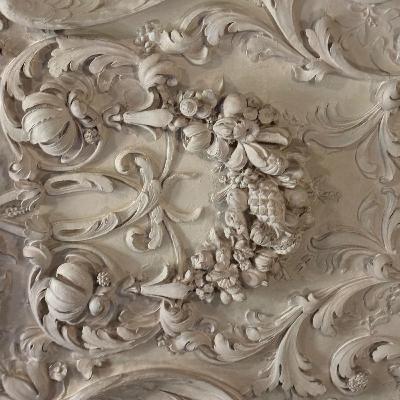Bonus - Second Epilogue, Ch.1: History of Gods & Men
Description
Tolstoy starts his infamous epilogue by giving his definition of the term "history" as the life of nations and humanity. He describes that a limitation of this definition is the inability of man to sufficiently pin down the history of any nation or human movement. He posits there is more to it than the scientific approach of piecing together what happened and then attributing motivations based on objective analysis. For the most part, piecing together history is inadequate guesswork, some efforts more eloquent than others.
Tolstoy then focuses on ancient civilizations and how they dealt with explaining reasons for historical events. He suggests ancient historians tended to regard rulers (say a Julius Caesar, Hannibal, or famous King), as symbolic of the group ruled. Tolstoy thinks that approach has shortcomings.
He then asks the most important question of the Second Epilogue, How do rulers get the masses to act as they wished? He doesn’t think it is just a question of acquiring the raw power to impose one's will.
Rulers obviously held tremendous influence but Tolstoy feels they are figureheads. Notably, an under-appreciated amount of power is in the hands of the masses whose actions make up historical events. Said in another way: there is a symbiotic energy between the ruler and ruled.
Tolstoy very much agreed with the ancients on not look too deeply for the reasoning of monumental events - they often believed that God willed events to be so.
Tolstoy laments the role of God being cast aside by Enlightenment historians, especially in discussing the Napoleonic Wars. He doesn’t think the great movements between 1793-1812 can all be attributed to Napoleon -- despite the adulation Napoleon received during his own lifetime and from the generations that followed. Tolstoy is suggesting Napoleon (who was no great man of Faith) was a tool in God’s arsenal for His divine plan.
Like the ancients, Tolstoy believed God acts, at least in part, to reward, punish or teach. Perhaps it was a reaction to his time’s attempt to remove the perception of God’s influence that led to creation of what is widely regarded as the greatest novel written.








